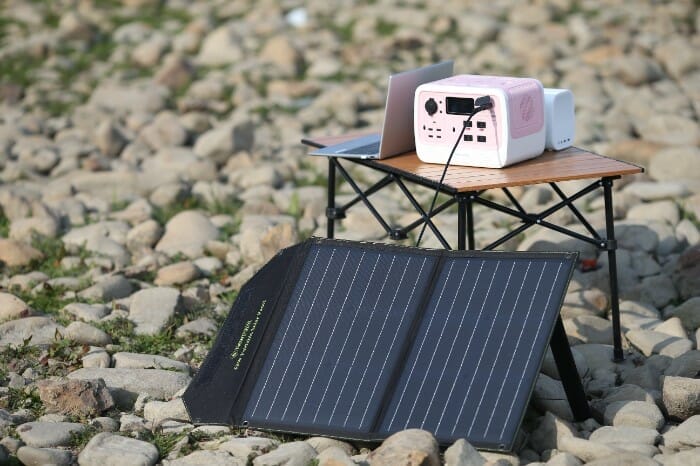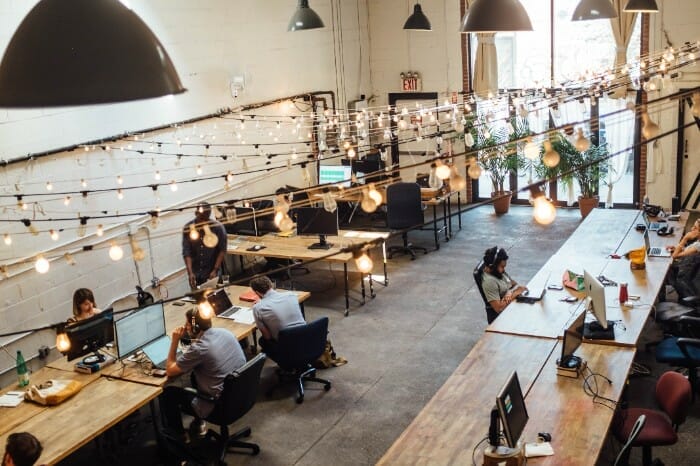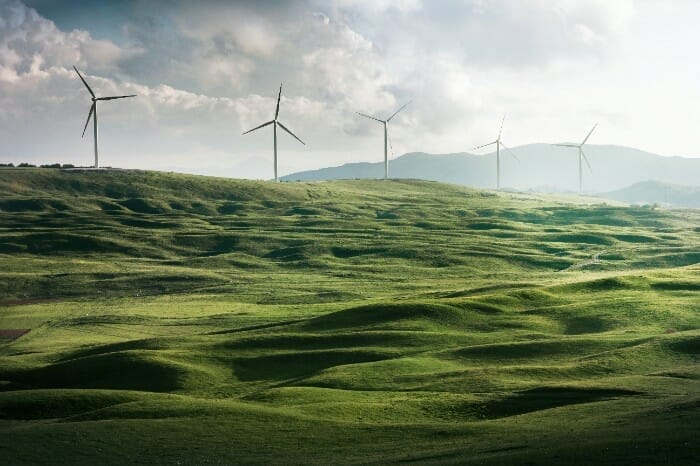What Is Personal Sustainability?
Embark on a transformative journey of self-care and resilience as we unravel the secrets of personal sustainability, empowering you to thrive in a fast-paced world while nurturing your well-being.
Personal sustainability can be defined as a personal commitment to continuously learning, adapting, and striving while investing in the present and future self. It is about considering personal history, identity, and context but also thinking ahead toward personal goals and objectives.

At its core, personal sustainability is about creating an individual’s social, environmental, economic, and health-related sustainability within their personal life disciplines. It is more than just personal responsibility – it’s about being conscious of how our choices as individuals affect our environment; community well-being; growth opportunities for the next generation; and our own physical, mental and spiritual well-being.
Sustainability At An Individual’s Level
Understanding individual sustainability means taking responsibility for the way in which our actions and decisions impact our environment. We all come from different backgrounds, experiences, and beliefs, so it’s interesting to consider the various ways in which we can practice sustainability on an individual basis.
Also read: Is Glass Biodegradable?
Get Your Hand on Your Eco-Friendly Living Starter Guide!
Understanding how each and every one of us can make lasting contributions to a healthier planet starts with recognizing the small changes we can make right now in order to benefit tomorrow’s world. It might be as simple as reducing plastic consumption or driving fewer miles, but when executed correctly these seemingly basic steps could provide long-term environmental success.
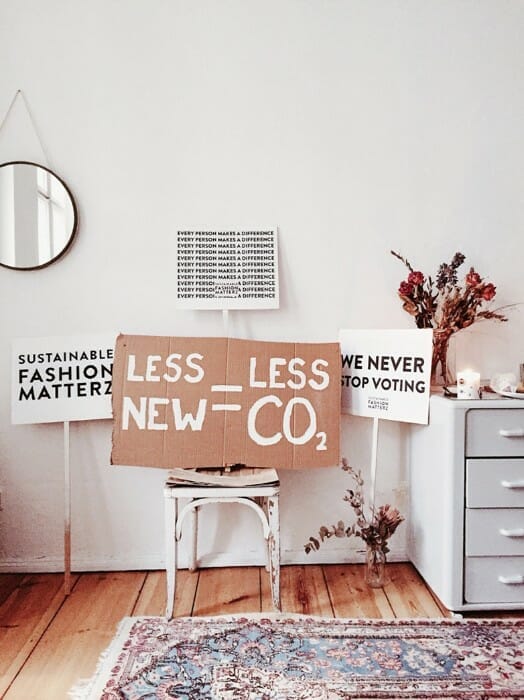
Understanding sustainability at a personal level is no longer just a “nice thing to do”; it’s an essential part of living responsibly on this Earth.
Personal Sustainability Practices
Personal sustainability practices are an incredibly powerful way to make a difference in the health of our planet. Implementing small changes on an individual level has a big impact when multiplied by the collective efforts of people around the world.
Sustainability practices have health and environmental benefits, so no matter how small they may seem, they all add up to making a huge difference. Personal actions such as reducing energy use, engaging in composting, or adopting sustainable habits can drastically reduce one’s ecological footprint and create positive change in the world today.
Related: Are Coffee Filters Compostable?
Personal sustainability habits combined with collective efforts are essential for creating a more sustainable future for generations to come. Given this, leading by example and making conscious decisions are key to driving large-scale sustainability efforts forward and protecting the planet we all share.
How Can We Contribute To Environmental Sustainability?
To contribute to environmental sustainability, we should begin with a conscious effort to change our daily habits and strive towards living sustainably. How can we do that? We can start off by reducing and recycling our waste.
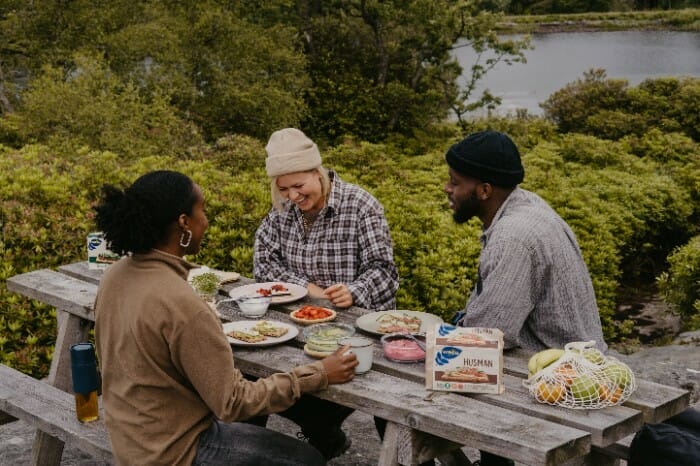
A simple way to do this is to opt for buying items in bulk where possible and reusing containers/bags as much as possible. In addition, we can invest in eco-friendly and reusable materials for our everyday needs such as shopping bags, water bottles, and cutlery.
Furthermore, we can adopt sustainable gardening practices by using only organic fertilizers and not engaging in unnecessary tilling of the soil. An often overlooked way to contribute to sustainability is to look closely at the clothes we wear since textile production has a huge negative impact on the environment.
Relevant: Are Poly Mailers Eco-Friendly?
To tackle this issue, you can look into investing in second-hand or recycled clothing items or even making an effort towards buying certified organic clothing which is made with environmentally friendly processes in mind. By implementing those tips — both easily achievable goals and more ambitious endeavors — each one of us can take a step forward towards contributing positively to environmental sustainability!
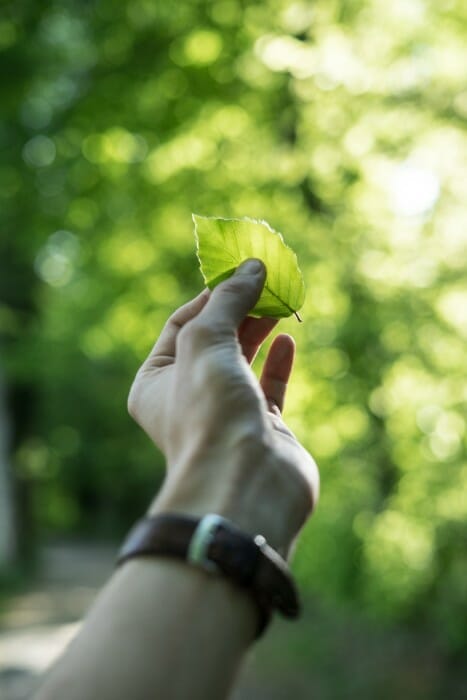
Green Habits For Everyday Life
Green Habits are easy to adopt and have a positive impact on the environment. Green habits incorporate simple lifestyle changes that can reduce your carbon footprint and help you contribute to preserving the earth.
Similar: What Are The Benefits Of Energy-Efficient Windows?
Start by assessing your daily practices – think about activities such as driving, energy consumption, food buying, and waste management. Then ask yourself what you can do to conserve resources and transform them into a green habit.
You could start by cycling or walking more often instead of using your car; also switch off all electrical appliances when not in use including lights, unplug chargers from outlets, upgrade your appliances with more energy-efficient models, choose natural fabric such as cotton while buying clothes over synthetic ones, avoid fast fashion and trust in quality over quantity when shopping for clothes.

You can always switch to organic products when grocery shopping – organic fruits and vegetables don’t include chemicals that are harmful to our health or the environment.
Lastly, try composting kitchen waste which will act as a natural fertilizer for your plants, or donate things you don’t need anymore to projects or individuals in need so they can be re-used properly instead of adding up to landfills. Incorporating Green Habits For Everyday Life is key to turning small individual acts into a collective difference!
Sustainability For Future Generations
Sustainability is becoming increasingly important in many aspects of society, from the way we consume resources to how we make decisions and build relationships. Sustainability is about using resources responsibly in a way that will protect both the environment and our future generations from facing potential crises as a result of our choices today.
You may like: What Are Green Plastics?
Sustainability means taking into account the impact of climate change and environmental degradation on our planet, as well as ensuring that future generations have access to healthy air, food, and water supplies. Sustainability also encompasses developing economic models that promote shared prosperity between people, as well as energy sources that are clean and renewable.
In short, sustainable development emphasizes responsible resource use with regard to social, economic, and environmental factors to ensure minimum damage to ecosystems while providing long-term benefits for all. Personal sustainability along with corporate sustainability will help secure the planet’s ability to meet our current needs without compromising the ability of future generations to meet theirs.
Conclusion
By encouraging sustainability talk on current practices – such as budgeting carefully or attending more nature walks – along with experiments related to new ways of thinking – such as daily grounding activities or starting a compost heap – personal sustainability fosters ongoing growth and change that not only benefits an individual but goes beyond them to contribute to the wellbeing of their family, community and greater society.



